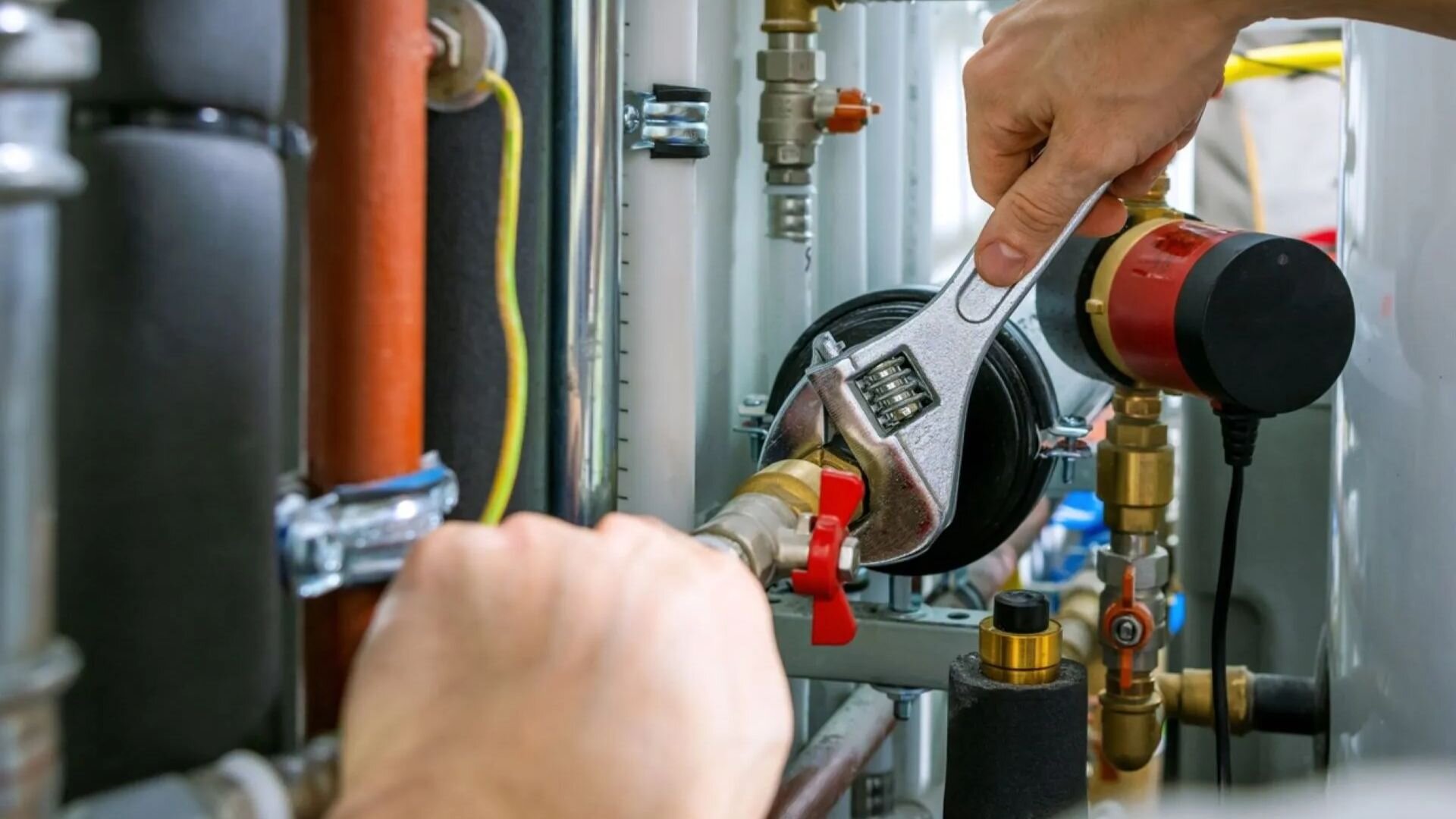Handy Bathroom Plumbing Advice for New Homeowners
Handy Bathroom Plumbing Advice for New Homeowners
Blog Article
What're your beliefs about Essential DIY Bathroom Plumbing Tips Every Homeowner?

For new property owners, understanding and maintaining bathroom pipes can save both money and time by protecting against expensive issues down the line. Below are some crucial shower room plumbing pointers to assist you keep every little thing running smoothly.
Plan For Winter
Safeguard your pipelines from cold during winter by protecting pipelines in unheated areas like basements, attic rooms, and garages. During severe cold, allow cold water drip from faucets served by revealed pipes to assist prevent cold.
Schedule Routine Maintenance
Think about organizing yearly evaluations with a licensed plumbing technician. They can find problems that you may miss, such as surprise leaks or damage on pipes and fixtures. Regular maintenance aids extend the life of your pipes system and can protect against emergency situations.
Familiarize Yourself with the Main Shut-Off Valve
Recognizing where the main water shut-off valve lies in your home is critical. This allows you to rapidly switch off the water supply in case of major leaks or throughout pipes emergencies, protecting against extensive water damage.
Consistently Inspect for Leaks
Little leakages can cause huge issues. Consistently inspect under sinks, around commodes, and near plumbing fixtures for any kind of signs of leaks. Try to find wetness, small drips, or rust. Catching and fixing leaks early can stop extra serious damage and save water.
Keep Your Water Heater
Ensure your water heater is set to a proper temperature level (normally about 120 degrees Fahrenheit) to prevent scalding and reduce power use. Flush the container annually to get rid of sediment buildup, which can decrease the efficiency and lifespan of your heater.
Update Your Components
If your home has older components, consider updating to extra reliable versions. Modern bathrooms, showerheads, and taps are developed to use less water while offering good pressure, which can significantly reduce your water costs and ecological footprint.
Be Cautious with DIY Plumbing Repair Works
While it's tempting to deal with all home repairs by yourself, beware with plumbing. Some issues could call for expert proficiency, especially if they entail major water lines or drain repair work. Hiring a professional can in some cases be much more economical than DIY, especially if it prevents additional damages.
Do Not Overlook Slow Drains
If your sink or bathtub is draining pipes slowly, it's frequently a sign of an obstruction creating. Resolving this early can protect against a total blockage. Make use of a plunger or a plumbing technician's snake to remove particles. Avoid making use of chemical drain cleansers as they can damage your pipes with time.
Know What Not to Flush
Bathrooms are not garbage disposals. Stay clear of flushing anything apart from toilet tissue and human waste. Things like wipes, womanly hygiene items, and cotton swabs must be dealt with in the garbage to prevent blockages and sewage system backups.
Mount Strainers in Drains
Place filters in your sink and bathtub drains pipes to capture hair and other particles before they enter your pipes system. Cleaning the strainers consistently will assist protect against buildup and keep water streaming openly.
Conclusion
Comprehending and keeping your home's restroom pipes can protect against lots of common problems. By complying with these essential suggestions, you can guarantee your washroom remains useful and efficient, saving you money and time in the future.
Essential Plumbing Tips for Homeowners: Keep Your Pipes Flowing Smoothly
As a homeowner, understanding the basics of your plumbing system can save you time, money, and a lot of headaches. Plumbing issues can range from minor annoyances like dripping faucets to major problems like burst pipes that cause significant damage. This guide provides essential tips to help you maintain your plumbing system and tackle common issues.
Understanding Your Plumbing System
Supply System: Brings fresh water into your home from a municipal source or a well. Drain-Waste-Vent System: Removes wastewater and vents sewer gases outside. Fixtures and Appliances: Includes sinks, toilets, showers, dishwashers, and washing machines. Basic Maintenance Tips
Regular Inspections: Periodically check for leaks, corrosion, and other signs of wear and tear. Look under sinks, around toilets, and near water heaters. Know Your Main Shut-Off Valve: In case of a major leak, you’ll need to shut off the water quickly. Ensure everyone in your household knows where the main shut-off valve is located. Prevent Frozen Pipes: In cold climates, insulate exposed pipes and let faucets drip during extreme cold to prevent freezing. Use Strainers: Install strainers in sinks and tubs to catch hair, food particles, and other debris that can cause clogs. Common Plumbing Issues and Solutions
Clogged Drains:
Prevention: Avoid pouring grease down the drain and use drain screens to catch debris. DIY Fix: Use a plunger or a plumbing snake to clear minor clogs. For stubborn clogs, a mixture of baking soda and vinegar can sometimes help. Leaky Faucets:
Prevention: Replace washers and seals regularly. DIY Fix: Turn off the water supply, disassemble the faucet, and replace worn parts.

Get Quote Report this page